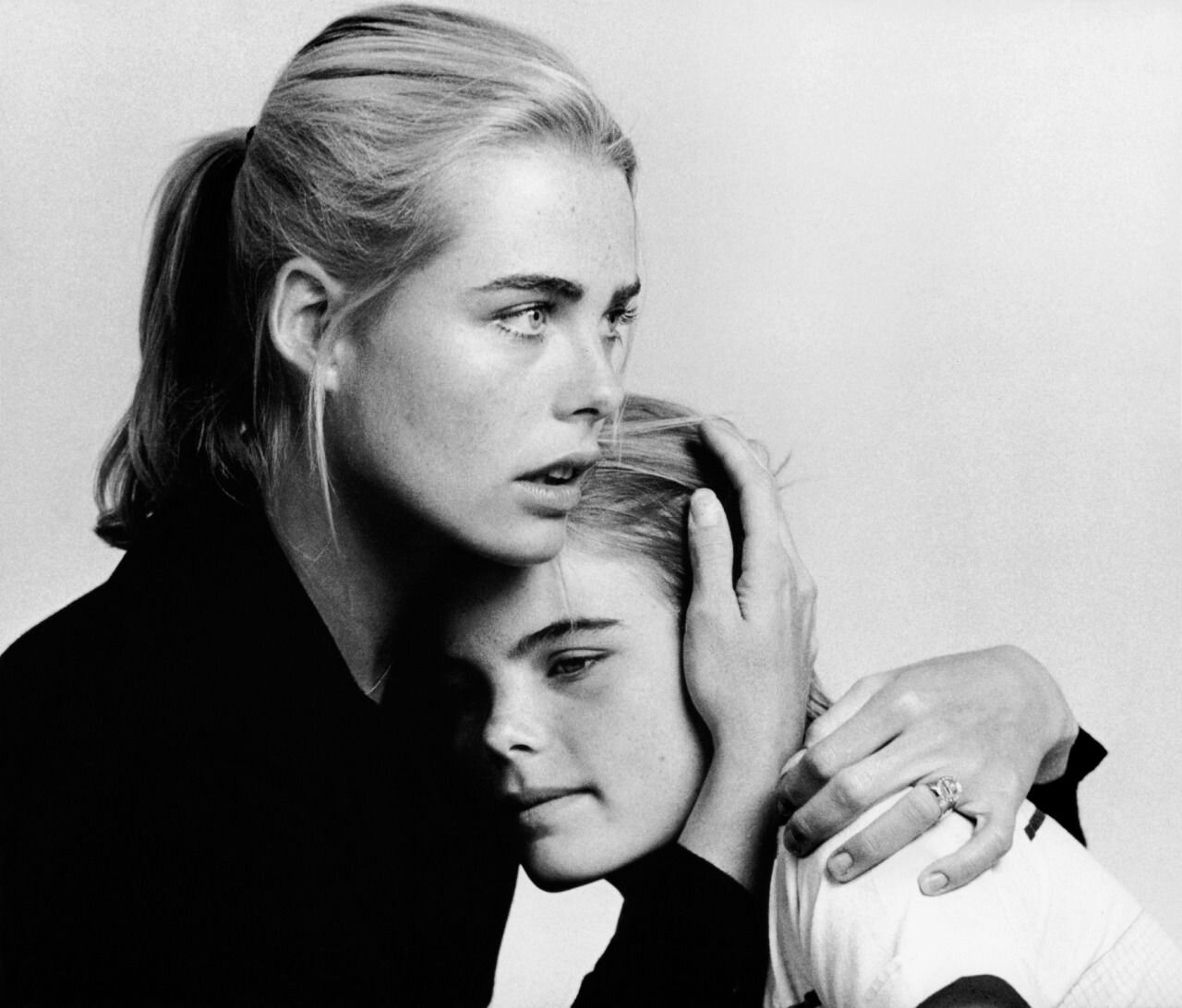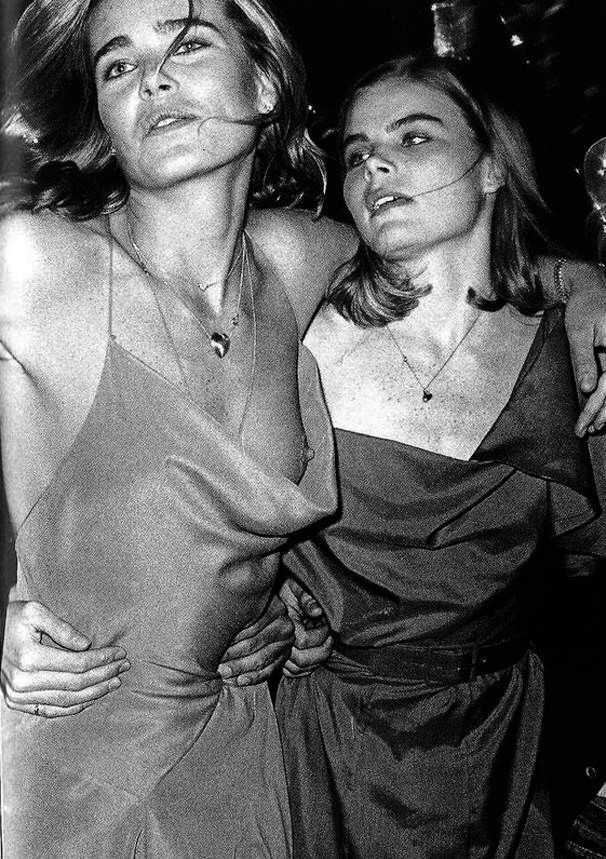Listen to this episode on Apple Podcasts.
A close look at the parallel lives of Margaux and Mariel Hemingway, sisters born with a world-famous last name that stood for both genius and self-destruction. Both rose to fame in the 1970s, Margaux as a supermodel and Mariel as an actress, and then struggled with various demons. But while Margaux followed her grandfather's fate, Mariel confronted the family's dark legacy and reinvented herself as a mental health and wellness advocate.
This episode was written and performed by Michael Schulman, a writer at The New Yorker and the author of "Her Again: Becoming Meryl Streep," a New York Times bestseller. His work has also appeared in Vanity Fair, the New York Times, and other publications. Special thanks to our guest star Tavi Gevinson, who played the Hemingway sisters in this episode.
SHOW NOTES:
Sources specific to this episode:
Finding My Balance: A Memoir by Mariel Hemingway
Hemingway: Winner Take Nothing directed by Michael Collins
Running from Crazy directed by Barbara Kopple
“Two Films That Subvert Feminism” by Frank Rich, New York Post, June 12, 1976
“Rape: Does It Wow ’Em in Peoria?” by Marjorie Rosen, Ms., July, 1976
“The Screen: ‘Lipstick’” by Vincent Canby, New York Times, April 3, 1976
“Not the Vintage Margaux” by Kristin McMurran, People, Feb. 8, 1988
“A Life Eclipsed” by Karen S. Schneider, People, July 15, 1996
Music:
The music used in this episode, with the exception of the intro, was sourced from royalty-free music libraries and licensed music collections. The intro includes a clip from the film Casablanca.
Excerpts from the following songs were used throughout the episode:
Motion Picture - Colin Currie
Objective - Robert Edwards, Mark Anderson
Devil Heart - Daniel Horacio Diaz, Andre Paul Marie Charlier
Space Cocaine - Sammy Burdson, Lewis Parker
Ambient Registers - Colin Currie
Roguish Stroll - Toby Marsden, Harvey David Wade
Mists of Antiquity - Sidney John Kay
Black Virgin - Piotr Moss
A Picture of You - Roman Raithel
Pendulum - Didier Francois Dani Goret
Credits:
Make Me Over is a special presentation of You Must Remember This. It was created and directed by Karina Longworth, who also edited the scripts.
This episode was written and performed by Michael Schulman.
Guest star Tavi Gevinson played the Hemingway sisters.
Research and production assistant: Lindsey D. Schoenholtz.
Social media assistant: Brendan Whalen.
Producer: Tomeka Weatherspoon.
Editor: Jared O'Connell.
Audio engineers: Jared O'Connell, Andrea Kristins and Brendan Burns.
Supervising Producer: Josephine Martorana.
Executive Producer: Chris Bannon.
Logo design: Teddy Blanks and Aaron Nestor.
















